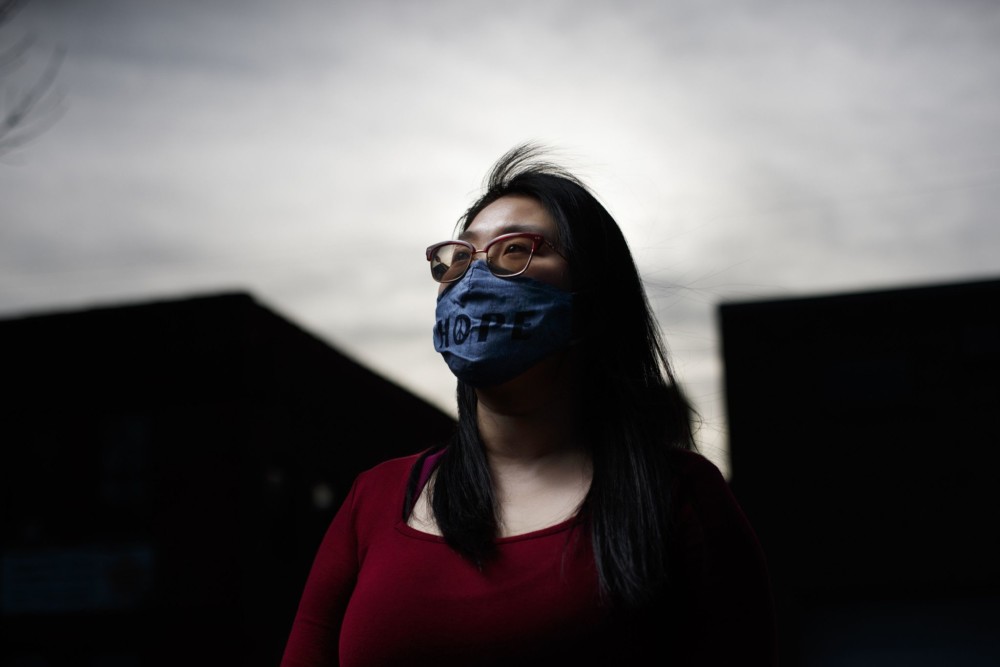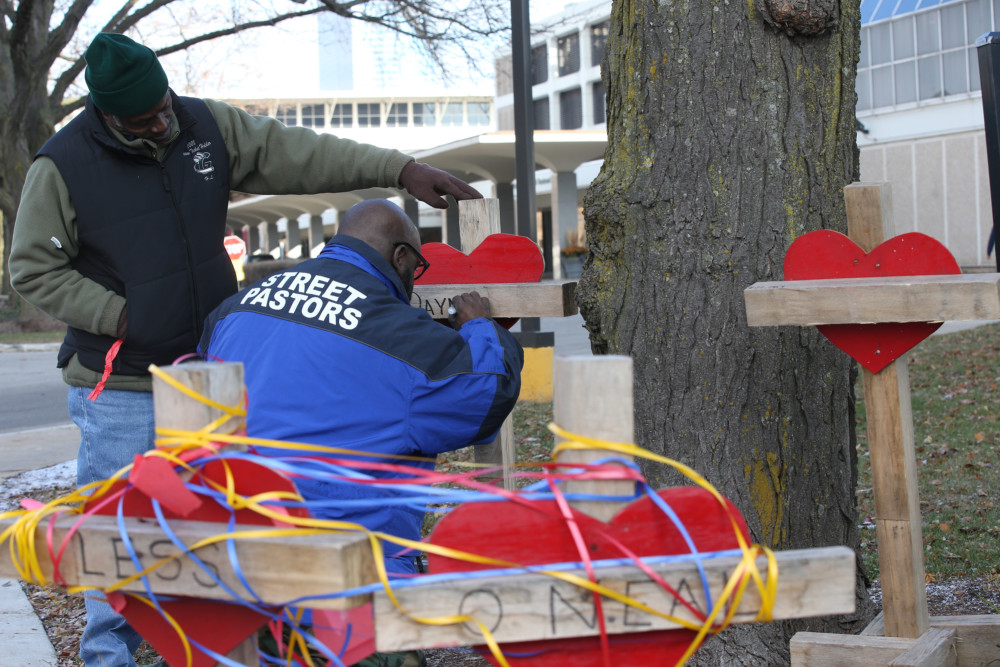EDITORIAL
St. Louis Post-Dispatch.
It’s impossible to read the long, rambling manifesto left by spree killer Elliot Rodger and draw any conclusions other than that this was a sad and enraged young man who had spent years nurturing obsessive grievances toward women.
He was not typical of other men or of what our increasingly sexualized society makes men think about women. Mr. Rodger, 22, was sick. There can be no doubt about that.
But in his mental illness, we get a whiff of what women fear from men who are not mentally ill. His rage was extreme, but his sense of entitlement regarding women was not.
His goal of having sex with beautiful women is a dream sold in nearly every ad we see, every film we watch, every Kardashian reality show to which we are exposed.
If Mr. Rodger left anything good in the wake of his killing rampage Friday night near the Santa Barbara campus of the University of California, it is the opportunity to have a discussion about misogyny, about the power of women in society, about the murky outlines of American cultural values.
The day after Mr. Rodger exacted his awful toll on innocent people around him, the Twitter hashtag #YesAllWomen sprang up in response.
It became the contemporary version of earlier generations’ consciousness-raising efforts. By Wednesday it had been used 1.8 million times to tell stories of sexual violence, sexual harassment and sexual fear.
Women wrote and exposed the common concerns that unite them. The social medium forum is helping crystallize feminist thinking and give some shape to a movement that has been decentralized and only loosely organized for decades. Platforms like Twitter and Facebook are bringing communities together.
In the background are some recent low moments for women that captured local and national attention.
Nationally there was the firing of New York Times executive editor Jill Abramson amid disclosures that she was paid less than men in comparable jobs, less even than some of her underlings. Locally there was the trial of a high-profile lawsuit that offered insight into the dominant male culture at Anheuser-Busch and the failure of women executives — in particular Francine Katz — to break into the club.
While the discussion has coalesced around the horrific violence of last weekend — Mr. Rodger killed six people and wounded 13 others before taking his own life — it has spread to include national and international stories of gender inequity. These include:
–The 200-plus Nigerian girls who are still in peril after being abducted from their school by Islamic terrorists.
–Republican operative Karl Rove’s suggestion that Hillary Clinton had brain damage after she fainted and hit her head last year.
–Ageist and sexist speculation among some Republicans that being a grandmother would hinder Ms. Clinton’s ability to be president and that her daughter’s pregnancy was somehow timed to coincide with a possible 2016 presidential campaign by the former secretary of state.
–The continued erosion of women’s rights in America to control their bodies and make their own reproductive health decisions.
–The case of Malala Yousafzai, 16, a Pakistani student and activist for educational rights for women, particularly those suffering under the Taliban, who was the victim of an assassination attempt at age 14.
One of the leaders helping make beneficial changes for women across the nation is Sen. Claire McCaskill. The Missouri Democrat is studying sexual assaults on college campuses with the goal of developing legislation that will push colleges to go further with such cases and perhaps set substantial fines for those that violate federal rules.
Ms. McCaskill decision to take on the nation’s higher education establishment came after she tackled the same subject with the U.S. military and helped reform the way it handles sexual assaults.
Despite these high-profile moments in the history of women, the fact is that most women can’t afford to get caught up in them. They’re too busy struggling with bread-and-butter issues.
They’re trying to figure out how to put food on the table and how to protect themselves and their children. They’re worried about not being paid as much as the men who do the same jobs they do, and about how to get safe and adequate care for their kids.
Many live in fear that they or their children will be abused by their husbands, boyfriends and other men who prey on them.
So let the ideas bubble up on Twitter and Facebook. Let the sorrow and anger, despair and outrage bring women together.
Let these issues be discussed on social media and anywhere else people want to get serious about improving the world for women and children.
Just because war hasn’t been declared doesn’t mean there isn’t one. Don’t let the talk die. Let it ignite.

















































































































































































































































































































































































